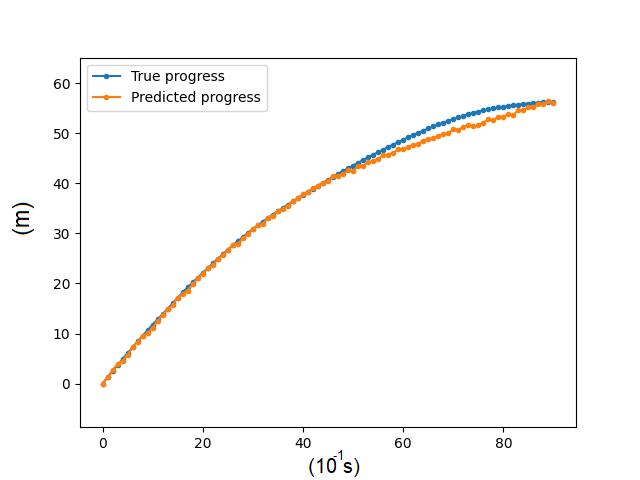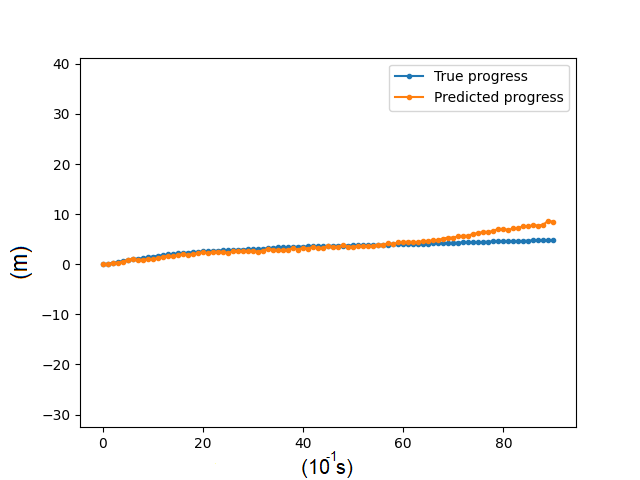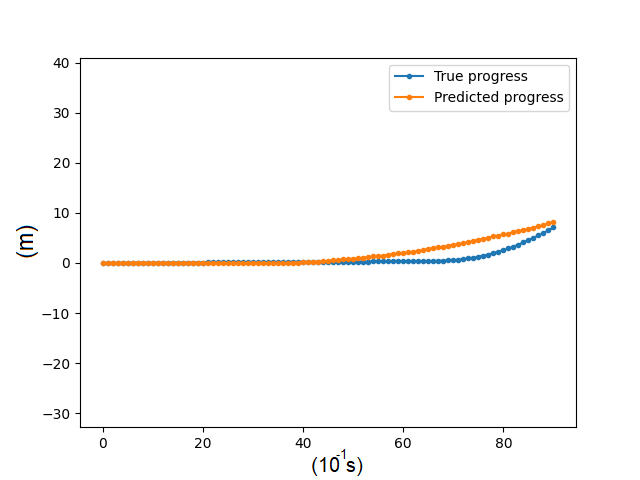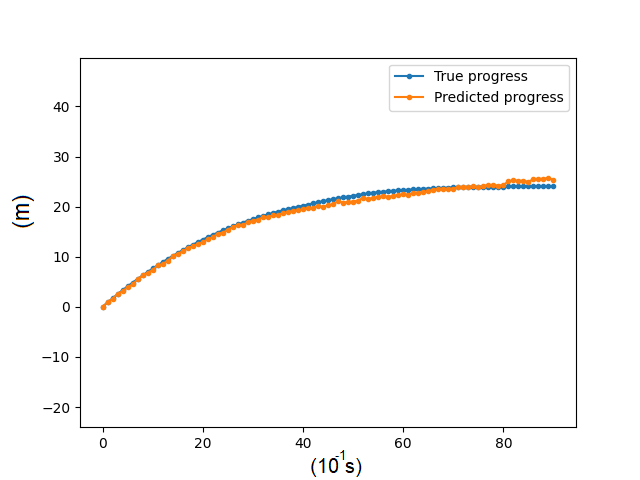Paper
"Deep Learning Algorithms for Longitudinal Driving Behavior Prediction: A Comparative Analysis of Convolutional Neural Network and Long–Short-Term Memory Models"
Authors: Giovanni Lucente, Mikkel Skov Maarssoe, Iris Kahl, Julian Schindler
Journal: SAE International Journal of Connected and Automated Vehicles, 2024
Abstract
In the realm of transportation science, the advent of deep learning has propelled advancements in predicting longitudinal driving behavior. This study explores the application of deep neural network architectures, specifically long–short-term memory (LSTM) and convolutional neural networks (CNNs), recognized for their effectiveness in handling sequential data. Using a 3-s temporal window that includes past vehicle progress, speed, and acceleration, the proposed model, a hybrid LSTM–CNN architecture, predicts the vehicle’s speed and progress for the next 6 s. The approach achieves state-of-the-art performance, particularly within a 4 s horizon, but remains competitive even for longer-term predictions. This is achieved despite the simplicity of its input space, which does not include information about vehicles other than the target vehicle. As a result, while its performance may decrease slightly for longer-term predictions due to the lack of environmental information, it still offers reliable predictions and can be applied effectively in scenarios with partial observability. The comparative analysis of multilayer perceptron (MLP), LSTM, and one-dimensional CNN architectures highlights the challenges faced by MLP in capturing the complex nonlinearity of driving behavior. LSTM and CNN demonstrate superior performance, with model complexity influencing outcomes. No statistically significant difference is observed in the performance between LSTM and CNN models.
Links
Full Paper: Read Here
GitHub Repository: View on GitHub
Prediction examples






